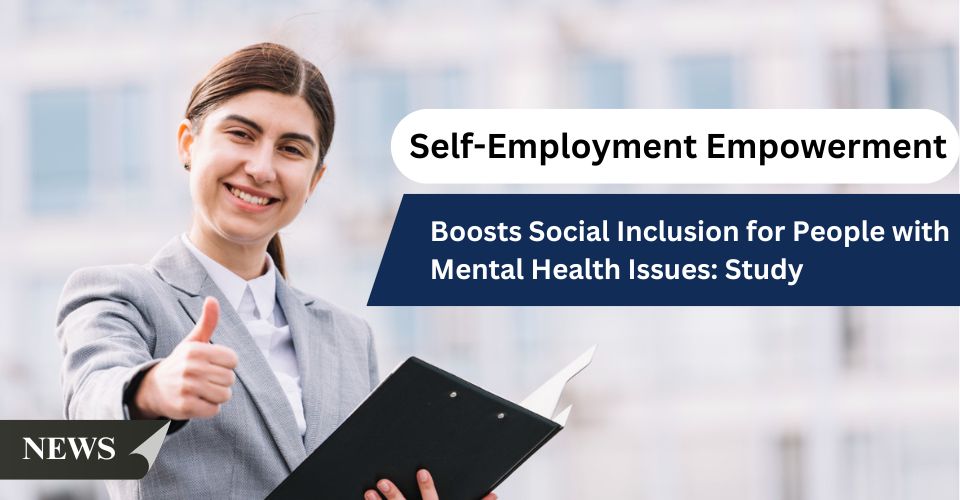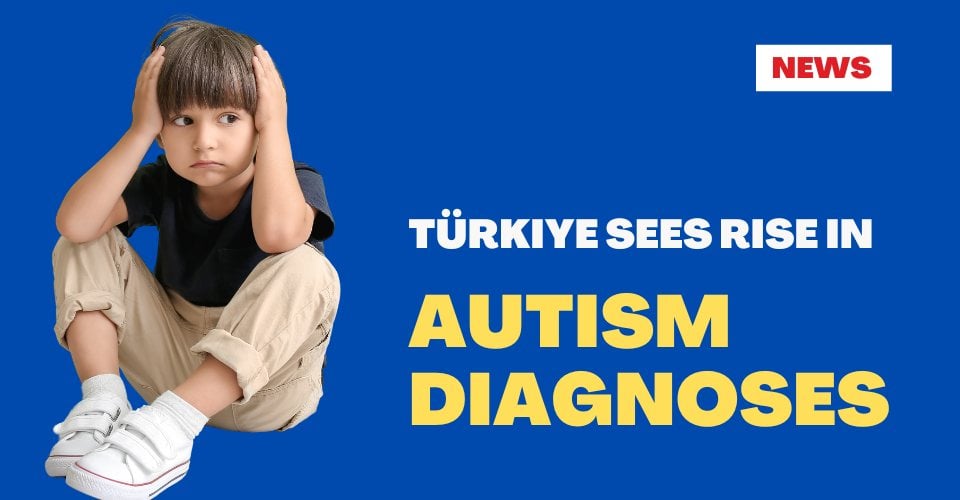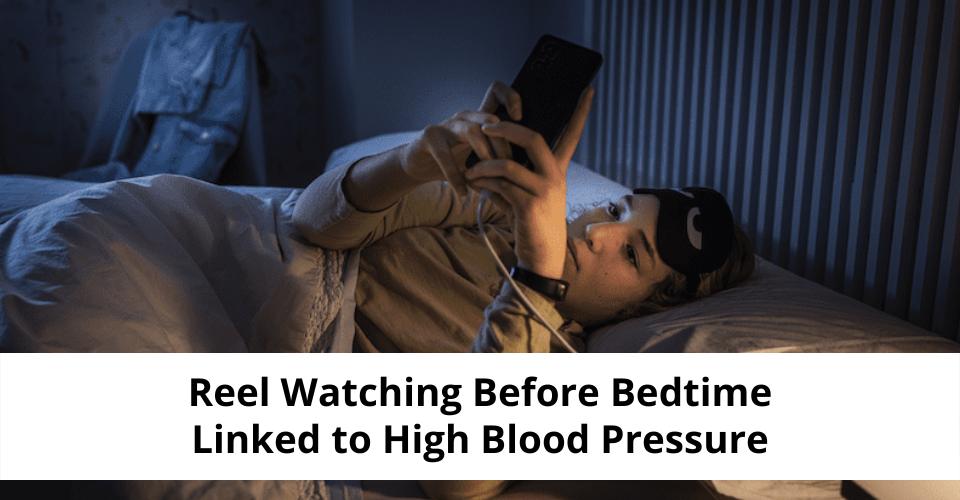For many years now, mental toughness has been considered as a key factor in success in sports. The ability to push through stress and continue performing at high levels is often seen as the difference between champions and losers. However, latest research negates the widely held belief that athletes with high levels of mental toughness are less likely to choke under pressure. In an article published recently in Frontiers in Psychology, it was found that there is no significant relationship between mental toughness and choking vulnerability among athletes thus changing our comprehension of performance under stress.
The Myth of Mental Toughness and Performance
Choking is a nightmare for most athletes because it involves failing to play at expected levels despite being motivated and having the technical ability. It’s that single moment when everything is on the line but one fails to achieve the anticipated result usually for no apparent reason. Like even making mistakes during a football penalty kick or letting go of a catch during cricket or hitting a shot out during a tennis game. Mental aspect of sport plays an important role, and choking has been long thought of as being prevented by mental strength.
For an athlete, mental resilience can be explained as their ability to remain determined, confident and focused regardless of external challenges. This attribute helps some people shine while others fail under tension. Nevertheless, the assumption that mentally tough players cannot choke is starting to be disputed.
Understanding Choking Susceptibility
According to Mesagno et al., “choking susceptibility” goes beyond mere nerve endings or fear of failure; it encompasses self-consciousness, anxiety and coping strategies (2013). High self-consciousness can make athletes excessively aware about how they perform before others leading them into anxious situations where choking up happens more often than not. When facing such pressures what really matters here is either confronting them upfront or running away from them as these can determine whether you are prone to choking or not.
This research by Burgandy Thiessen and colleagues sought to investigate the relationship between mental toughness and choking susceptibility. However, mentally tough athletes were expected to be less prone to choking.
The Study: Challenging Assumptions
The study recruited 415 athletes from different sports disciplines in the age range of 18-20. It involved popular games such as basketball, soccer, and football among others. To gauge both choking susceptibility and mental toughness, a number of psychological tests were carried out during this study.
Choking susceptibility was assessed with the help of the Self-Consciousness Scale (SCS), Sport Anxiety Scale (SAS) and Coping Style Inventory for Athletes (CSIA). SCS measures how much individuals are concerned about being judged by others (public self-consciousness) as well as their internal focus on their thoughts and feelings (private self-consciousness). SAS examines somatic anxiety which is physical symptoms like trembling or sweating occurring prior to sport events; worry related to personal performance; disruption in concentration while playing or practicing. The CSIA examined how athletes cope with stress through active problem solving vs avoidance strategies.
Mental toughness was gauged using Mental Toughness Index, an eight-item scale that examines typical ways that athletes think, feel, and act when participating in a sport. Additionally, details such as years played in the game and level of play were also collected from participants.
Interesting discovery: Mental toughness does not cause choking
The discoveries were a surprise. 67 (16%) of the 415 athletes exhibited signs of choking vulnerability, while the rest of the population comprising 348 (84%) did not. Contrary to expectations, mental strength was unrelated to susceptibility to choking. This is to say that mentally tough people are no less likely to choke under pressure than anyone else.
In contrast, it turned out that competitive athletes had more tendency towards choking than those who played for pleasure or hobby. Nevertheless, this study found no differences in choking rates by gender, length of experience or level of play. Surprisingly, although self-consciousness was not related with mental toughness; there were negative connections between sport anxiety and coping styles and mental robustness. In short, it means being mentally strong does not stop these players from collapsing when tension mounts.
Implications and Future Directions
These findings imply important considerations regarding mental training regimes in sports. It might be an oversimplification to believe that only being mentally strong can prevent choking. Therefore, coaches and athletes may need specific approaches for managing nervousness as well as self-awareness rather than only depending on building up one’s mental toughness.
On their part, the researchers acknowledged certain limitations encountered in this study. They did not ask participants about details such as hours spent practising or number of competitions entered into these factors could potentially influence results of other studies.
This research therefore stresses the importance of recognizing psychological variables involved in performance enhancement before athletes can do their best under stressful conditions. Methods for handling stress should be taught as they are vital for superior performance (Brickman et al., 2016). However, at least some people seem to think that mental toughness is a panacea against chocking like difficulties.
The title “Mental Toughness and Choking Susceptibility in Athletes” written by Burgandy Thiessen , Mishka Blacker , Philip Sullivan gives us an opportunity to look at this issue from a different angle.






















Leave a Reply
You must be logged in to post a comment.